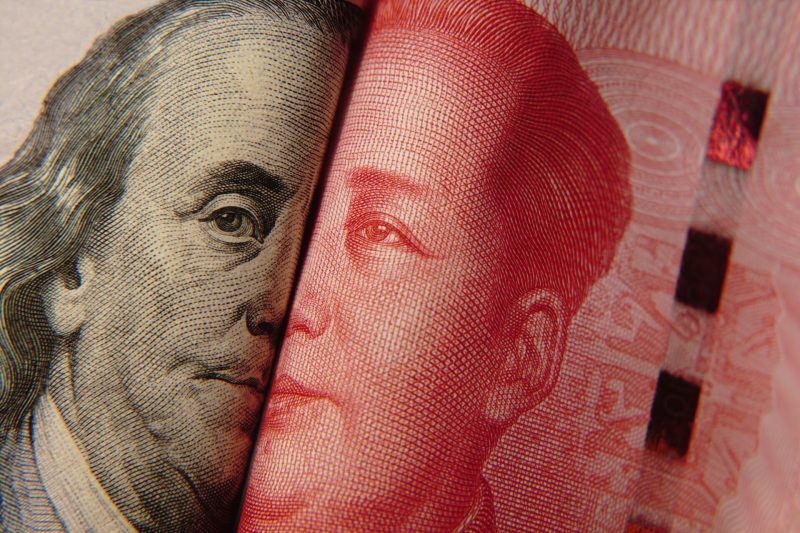Concerns over China’s Yuan overtaking the U.S. Dollar as the international standard currency has been ongoing for some time. Moreover, many countries have already begun accepting the Chinese national currency for trade purposes. One example is the Argentine company Newsan. The company, which imports most of its products from China, conducted trade using the U.S. Dollar, until now. The firm began using the Yuan last month to relieve pressure on Argentina’s dollar-strapped economy.
According to Newsan CEO Luis Galli, the deal was born out of necessity, as “beggars don’t get to choose.” Argentina’s economy is one of the worst affected in the world. Drought has severely affected the nation’s agricultural exports, pushing the economy to the brink of a recession. Moreover, inflation has skyrocketed to record highs. Due to the decreasing availability of U.S. dollars in Argentina, the government stated in April that it would use the Yuan to pay for $1 billion worth of imports from China.
Use of China’s Yuan hits record numbers among central banks
It was recently revealed by the People’s Bank of China (PBOC), that a record amount of Yuan was drawn from foreign exchange swap lines by central banks worldwide in Q1 2023. Argentina is no different. A currency swap arrangement has been put into effect, enabling businesses to easily borrow Yuan from China. Moreover, China is Argentina’s second-largest trade partner.
For Beijing, which has long desired to see its currency used more widely, the agreement was a positive development. Furthermore, the nation aspires to be part of the status and influence enjoyed by the United States.
In Argentina, importers are required to submit their orders for the government’s permission, these orders are typically denominated in dollars. Nevertheless, securing approval had grown to be nearly impossible due to the lack of U.S. Dollars. However, orders placed in Yuan are processed faster. More than half of the computers, textiles, mobile phones, and motorcycle parts that Argentine companies buy from China are currently settled in Yuan.
However, as Galli stated, the situation is more because of needs than a shift in political interest. Trade would continue to be conducted in the U.S. Dollar, if the nation had a larger stockpile.





